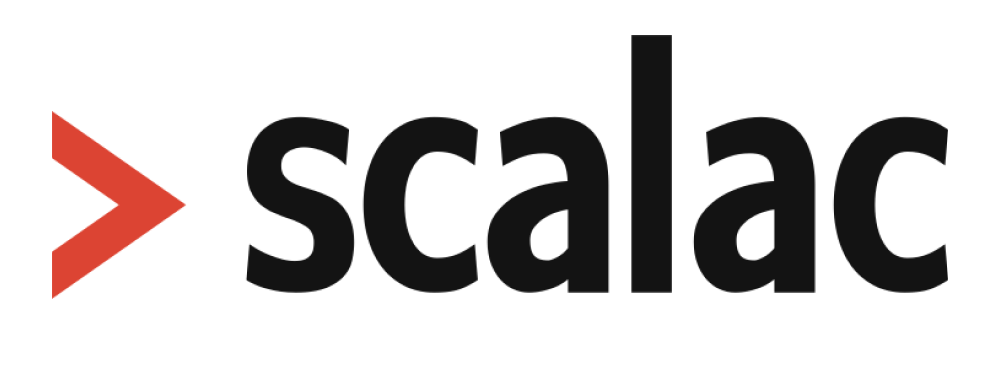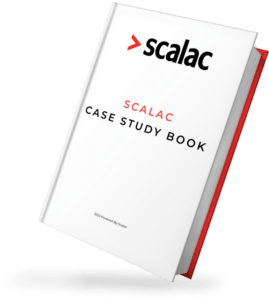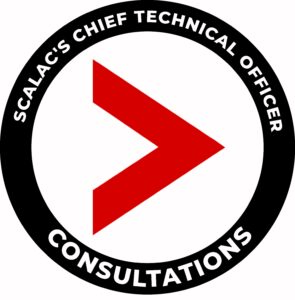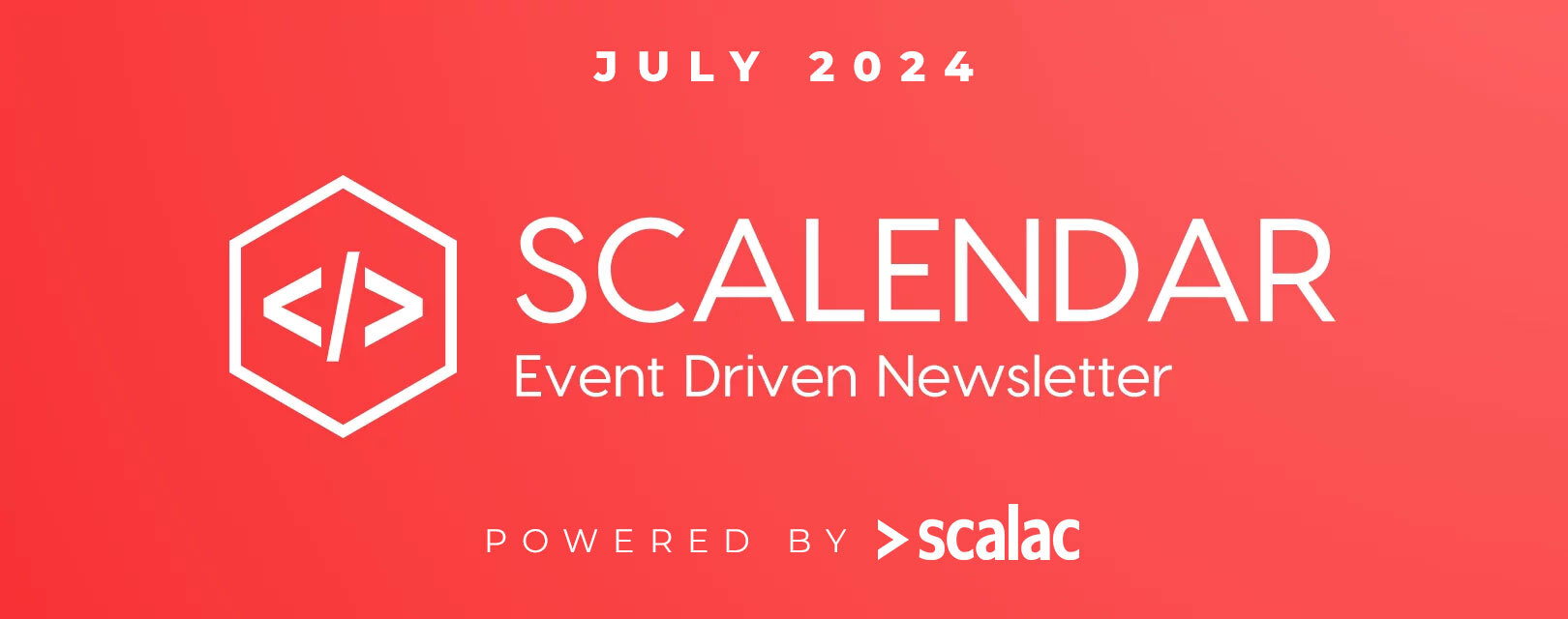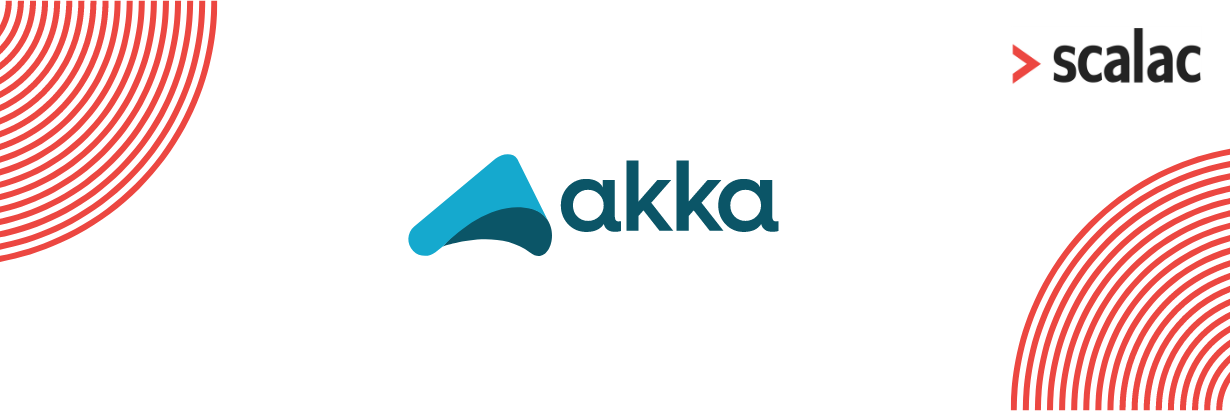
In the middle of Sphere.it & Micro.sphere.it

The platform Sphere.it. is direct for people who are interested in IT content. It has been operating since 2015. Their main target was to learn, share, and connect with people interested in technology areas for all these years. At the very beginning, it was a small attempt to gather people, but it has become a major conference with the amount of time. They cover topics concerning up-to-date production systems issues from various fields like: Reactive systems, Data Science & Data Engineering, Dev tooling, Cloud-native, Front-end engineering and Artificial Intelligence.
What is the main purpose of Sphere.it conference?
Sphere.it conference aims to encourage developers, specialists, and many others engineers to become more creative with their effort. Inspiration is a keyword here. It positively impacts the tech community and makes them eager to work on improving their projects.
Sphere.it conference takes place in Cracow Opera. As mentioned before, it was a large conference, enabling organizers to gather a significant number of people. However, after the pandemic started, they created a platform called Micro.sphere – free online sessions.
Micro.sphere.it involves contributors as product managers, cloud engineers, cloud architects, software and data developers.
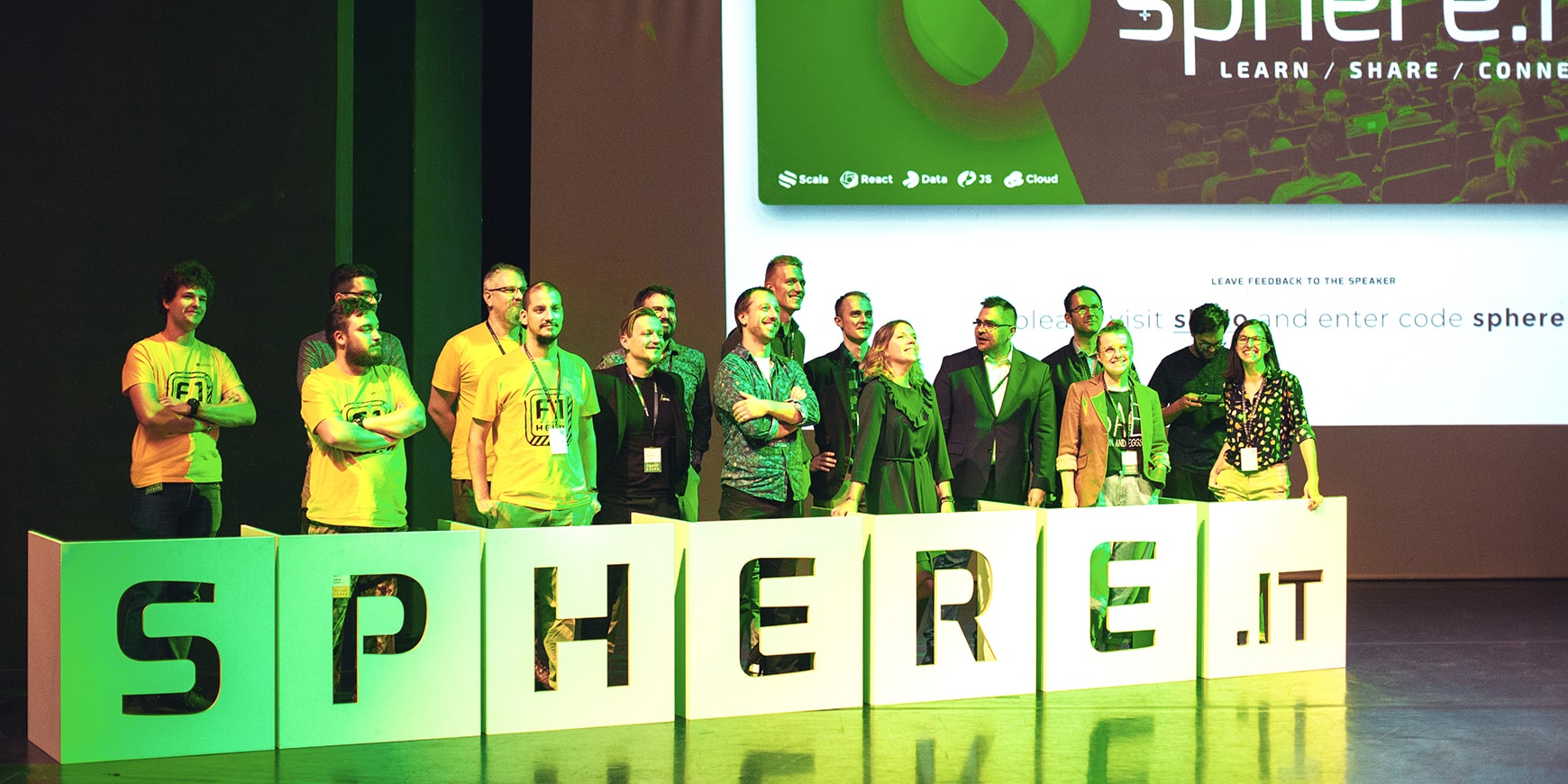
On the speakers list we can find: Leon Stigter, Martin Odersky (Scala inventor), Jorge Vasquez, Paweł Prażak, Dat Tran, Huber Pomorski, Marcin Moskala, Raul Raja, Yan Cui, Sean Walsh, Tomasz Godzik and many others.
How can you participate?
The platform allows participants to share videos, events and articles focused on state-of-the-art technologies even on typical average days. Micros makes sure to maintain constant contact with people interested in topics they present. Furthermore, Mircos.sphere.it has been active on social media, it runs its account on Facebook, Twitter and Youtube. There are videos available which show past conferences with micro.sphere.it and sphere.it.
Now, it is possible to access any conversations that have already been undertaken, on Sphere.it website. A helpful clue for users looking for specific issues was to create a filter ‘areas of interest’. It shields all areas covered during the sessions.
Sphere.it involves not only its specialists. In fact, it also allows engaging with people from outside the group of speakers-you can become one of them . However, the condition for participation is to deal with one of the IT departments. Sphere.it eagerly listens to new concepts and solutions that may have a positive impact on the IT community. Also, you can take part in discussion panels. The next meeting ‘Building Cloud Platforms’ is planned for September 9th. The last opportunity to join the Sphere.it group is to propose questions, which go to the content library and then resolve by an expert in the field.
What topics have Sphere.it covered, and what has the audience learned from previous online meetings and live conferences?
Summary of previous speeches
#1 Trained scikit-learn model refinery with open-source packages
At the Sphere.it conference hosted by Dorota Lączak, Python Software Engineer at IBM and Maria Oleszkiewicz, Software Engineer at IBM, was mainly about creating an Al-providing model with any selected tabular date. Dorota Lączak and Maria presented how models should be used to make it work properly and how you can share such a model and implement it in applications. During the conference, the process of model creation, refactoring and implementation was presented in detail, using Python Open source and Auto Al. The meaning of scikit-learn, which is an open-source tool for predictive data analysis, was also explained. The matter of Notebooks was discussed – a detailed description of the purpose, content, definition, and configuration. It also highlights what has to do with the aftermath of Notebooks. i.e. recognizing bias in the data and ART package.
#2 Webpack 5 Module Federation by Zack Jackson + Discussion Panel
Zack Jackson presented one of the conferences that was linked to the Discussion Panel. The main theme of the meeting was to show the new flagship feature in Webpack 5 – the latest module package. Thanks to the new feature, it is possible to use micro-services and micro-frontends more efficiently.
The new feature also allows JavaScript applications to import codes from unrelated applications. Zack Jackson presents the advantages of implementing the Federation Module. It thoroughly explains its definitions and how it helps to solve the problems of all engineers. It emphasizes that Module Federation has been announced as a great solution to issues related to micro-frontends. For example, Technicians often think that some codes will need to be changed or deleted. Zack Jackson talks about using Module Federation to avoid a complete reset. He also introduced the coding, which was later transformed into SPA style, and the gradual upload of the module federation using S3.
#3 Interactive maps in 30 lines of code
Marko Leticc at the micro.sphere.it conference decided to investigate a topic related to interactive maps. Because many of us have problems with applications such as Google Maps or MapBox, Marko Letic shows step by step how you can create your interactive SVG map. Which, contrary to appearances, is simple and easy to use and configure. The goal of the Marko conference is simplicity, increasing the efficiency in visualizing geographic information and the lowest possible risk of errors for users. Besides, it highlights the fact that it can be a much cheaper solution due to the popularity of your sites. Marko Letic believes that knowing CSS is enough to create a simple world map using the right conditions.
#4 Consuming headless in the omnichannel networks
Mateusz Strąg at the Sphere.it conference discusses headless CMS – content management systems, which significantly facilitates the creation and maintenance of websites. His lecture focuses mostly on building corporate applications using Straps and node.js, which are treated as a backend for frontend and React. Mateusz Strąg also suggests how to run Omnichannel – offline and online sales, which will positively impact the development of promoted websites.
Micro.Sphere conference with Martin Odersky, Jorge Vasquez and Paweł Prażak
#1 Scala: Infrastructure as Types
In 2020, Paweł Prażak, Cloud Architect at Virtus Lab, at the micro.sphere conference addresses the subject of Infrastructure from a pragmatic point of view. He describes how Cloud Native platforms work, what problems most often arise, and how to solve them.
The leitmotifs were also Infrastructure as a form and typed programming language. Finally, he also depicted the prototype of Infrastructure as Types, written in Scala.
#2 Scala: Countdown to Scala 3 by Martin Odersky
Martin Odersky, the inventor of the Scala language, EPFL professor and the founder of Lightbend, spoke at the microSphere conference. In his speech, he discussed the topic of Scala 3. He explained at what stage Scala 3 is, what still needs to be worked on and who is involved in the Scala project, which is still striving to become its best version so far. Finally, he introduced some new Scala functions. As a result, we can find more powerful function types (polymorphic, dependent, implicit SI), type lambdas, intersection and union types (DOT), and Toplevel definitions.
#3 Exploring Type-Level Programming in Scala
Jorge Vasquez, one of the representatives of the Scalac organization, backend developer, cooperating with Telco and Adtech, undertook the micro.sphere conference in 2020. In his speech, Jorge focused on answering the question: How and fully use Scala systems? Since you can use it when verifying the properties of the application’s homes at compile time. He drew attention to dependent types, which is the essence of Type-Level Programming in Scala, and defined their meaning. And with a few examples, he showed how to create Merging Files and Merging Elements.

Sphere and micro.sphere is a solution for all people interested in the IT industry who want to improve their skills related to programming languages. Sphere provides all information about technological topics. At the moment, it boasted three hundred and forty-one speeches in various fields, as well as three thousand committed participants and two hundred and fifty top IT speakers. Moreover, by sharing their reports on YouTube, Twitter, or the Sphere.it website, they enable access to content and people who cannot participate in stationary events. Their main goal is to increase efficiency, to facilitate work in the field of Data, Scala, Akka, micro Frontends, machine Learning, Microservices, Reactive systems and many others.
The 2021 conference is coming!
The next stationary conference, ”BUGinnings in IT,” is planned for Monday, August 23rd, 2021 in Cracow, and will be conducted in Polish. The conference speakers will be Adam Gajek(Team Lead at VirusLab) Iwona Celińska(Full Stack Developer at EQTek) and Kamil Stanuch(Former Site Director at Grand Parade). They will talk about their first steps in the IT industry, about their development path and how they dealt with ideas that turned out to be wrong. Moreover , Kamil Stanuch will present the stories of the Nearbox application. Adam Gajek will talk about how his failures led to success. Iwona Celińska will answer the question ,,How did her dreams become a reality and how her work became a passion?’’.
Scalac at Sphere.it & Micro.Sphere.it conferences
As a scala development company we support Sphere.it and Micro.Sphere.it, connected to a variety of IT areas. Scalac, together with Sphere.it, Micro.Sphere.it, ScalaDays and many other meetings, contribute to the Scala community and let it develop. Besides, at the Sphere.it conference we also had a position and speech among other companies. One of the Scalac representatives was mentioned before – Jorge Vasquez.
